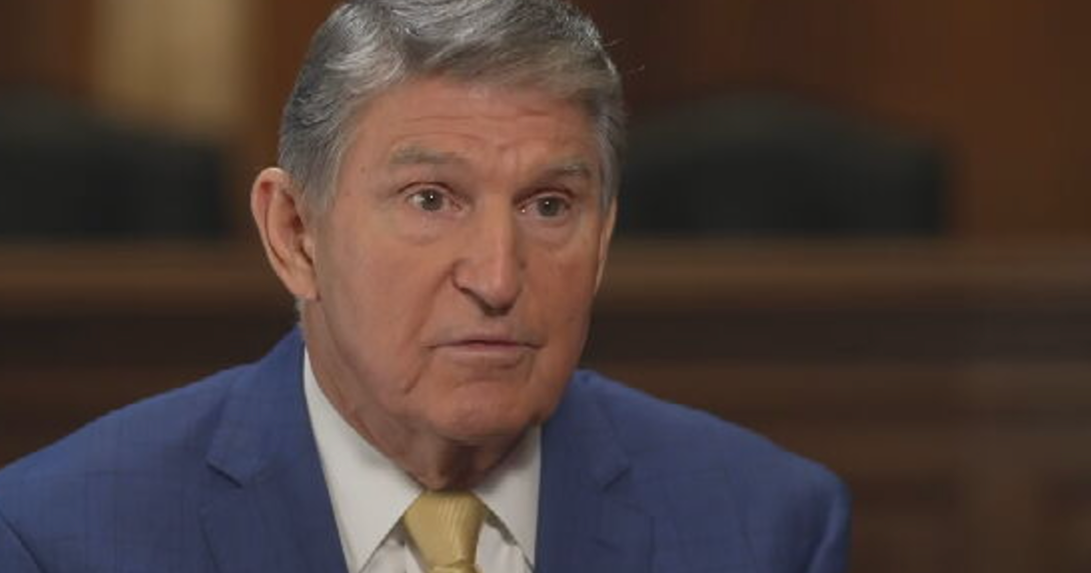Senate GOP scrambling to get health care bill over the top
Soon after Senate Majority Leader Mitch McConnell announced the vote on the Republican health care bill would be postponed until after the Independence Day recess, four more GOP senators announced their opposition to the measure in its current form.
That brought the total up to at least 12 Republicans concerned about the legislation -- and for a wide variety of reasons, reports CBS News congressional correspondent Nancy Cordes.
Ohio's Rob Portman and West Virginia's Shelley Moore Capito said the bill needs to do more to combat the opioid epidemic.
Several conservatives said the bill needs to eliminate more of Obamacare's insurance regulations, to bring down premiums.
And Alaska's Lisa Murkowski and Maine's Susan Collins want funding for Planned Parenthood restored.
"This president is the first president in our history who has had neither political nor military experience. And thus it has been a challenge to him to learn how to interact with Congress," Sen. Collins said.
Plus they and a number of other moderates say the Medicaid cuts in this bill are just too steep and will leave some of the most vulnerable Americans out in the cold.
- Would consumers really pay higher premiums under the Senate health bill?
- Boy's hospital bill goes viral amid health care debate
However, some senators voiced optimism about the bill's prospects, reports CBS News correspondent Margaret Brennan.
"We're not there yet. We don't have consensus. (But) I believe we can get to yes," said Senator Ted Cruz.
President Trump tweeted that Republicans are "working hard" and "really want to get it right."
But his aides worked furiously to turn the tide.
Vice President Pence lobbied the entire Republican caucus at their weekly luncheon. White House Chief of Staff Reince Priebus and Press Secretary Sean Spicer also worked Capitol Hill.
"I think we've got a really good chance of getting there, it will just take us a little bit longer," McConnell said.
McConnell must now try to address party concerns, or be forced to compromise with his Democratic counterpart.
"We'll have to sit down with Senator Schumer, and my suspicion is that any negotiation with Democrats would include none of the reforms that we would like to make," McConnell said.
For now, it's back to the negotiating table for GOP leaders to try to bridge what is a significant party divide between conservatives and more moderate members.



